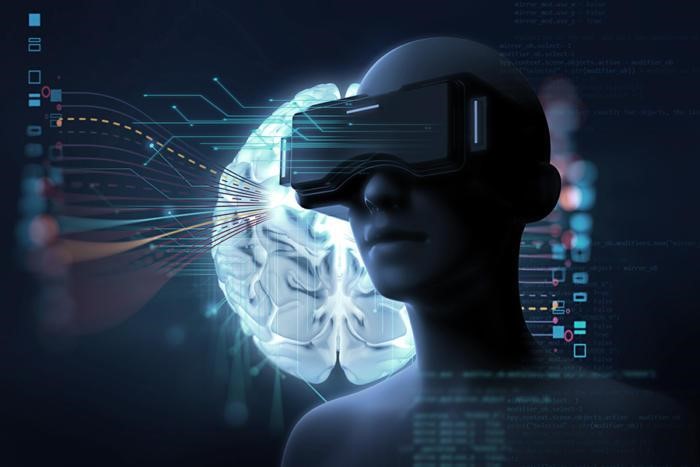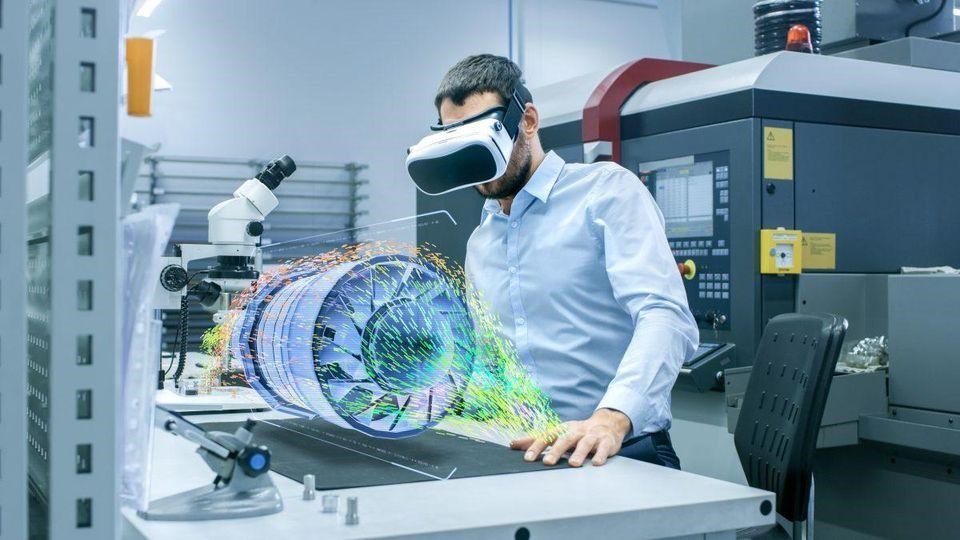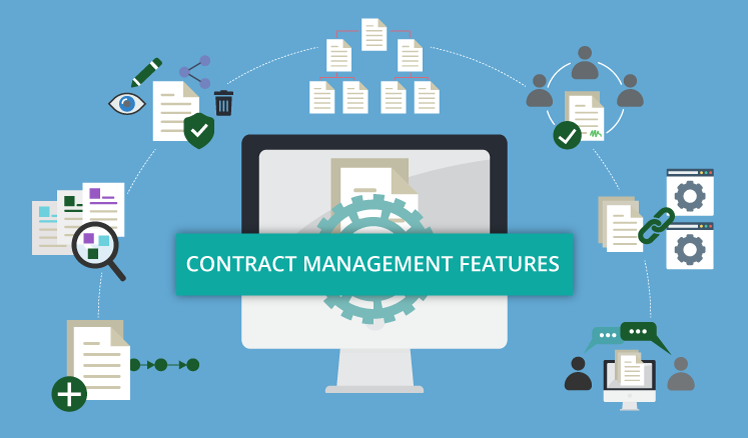Technology has blessed humankind with plenty of things. Whether it is bridging the communication gap or enhancing the customer experience for the business, technology has proven to be beneficial in more than one way. It is essential to understand that technology has to be put in good use in order to utilise it optimally.
There have been plenty of technological advancements in the world that have significantly helped the human to upgrade their living. Among all the current and trending technologies, artificial intelligence and augmented reality is the most talked-about and efficient technologies that have been dominating every sector with its benefits.
AI (artificial intelligence) and AR (augmented reality) are two promising technologies that every sector has been utilising to better their productivity and bring a wave of change in their processes. Ideally, artificial intelligence is used to transform and automate human tasks with the help of software and human intelligence tools. It has helped businesses of all sectors in leveraging their performance and enhancing customer experience marginally.
Whereas, augmented reality was solely created to take customer experience to a whole new level and bring them to the forefront of the business. Offering them a virtual reality to experience, AR has significantly contributed to the enhancing customer experience substantially.
Indeed, both AI and AR have high potential to emerge as the superior and dominating technologies in the coming future. They have already created a big boom in the market, which is quite hard to handle. There have been quite a few instances where AI and AR have respectively created a massive impact in different industries.
What is Artificial Intelligence?
Artificial intelligence is a science that feeds on algorithms and statistical models to complete tasks without any human instruction. As the name suggests, with artificial intelligence, you can do human tasks without needing assistance from humans. Machine learning gives training data to learn the patterns and correlations to complete specific tasks. Intelligent photo organisers, chatbots, predictive keyboards are a few examples of artificial learning. It is basically the simulation of human intelligence into machines to perform tasks much easier.
Artificial intelligence has primarily benefited the business realm, as a growing number of companies have been using smart machines and devices to expand their brand reach among the customers. From learning, planning to problem-solving, artificial intelligence can help businesses with anything and everything on the table. Machine learning is a common type of artificial intelligence that is used in business development processes. It is primarily used to manipulate an enormous amount of data within a short period. Sourcing different data derives from the artificial intelligence algorithms formed in machine learning.
What is Augmented Reality?
Augmented reality is basically an immersive experience that combines both digital and physical environments. It created a brand-new reality for the viewer within the physical environment. The images and videos are computer-generated, but they coexist in the physical world and interact within a single and immersive scenario. Augmented reality is made possible with the help of multiple sensors in the devices, such as cameras, accelerometers, GPS, gyroscopes, etc., that together forms an overlapping of a digital world over the physical environment. Think about games like Pokémon Go and camera apps like Snapchat, and these are perfect examples to learn augmented reality.
With its multitudinous, augmented reality is being used in business to primarily enhance the customer experience. There are countless ways in which companies have already used augmented reality to expand their brand value. Businesses have entwined augmented reality into their customer’s lives without even letting them know. For instance, Facebook and Instagram camera effects, Google Maps, AR earbuds, AR shopping experience are some of the amazing ways businesses have used augmented reality to take customer experience to a whole new level.
The convergence of AI and AR Transforming the Business Space
It is quite evident that AI and AR have made their impact in the business world, respectively. The merging of artificial intelligence and augmented reality is also making a huge transformation in the future of business processes. The convergence of both technologies is majorly used in the business application that has been making a profound impact on the future of customer experience.
Companies are hustling hard to develop next-generation business applications with AI and AR, which will be boosted with the capabilities of hyper-personalised experience. Sure, artificial intelligence and augmented reality are two distinct technologies, but their amalgamation can create an amazing experience that will together result in business productivity.
While augmented reality creates a 3D representation of the world, allowing digital objects in the physical world, artificial intelligence is being layered on AR. When merged together, AI and AR create a unique and immersive mobile experience.
Features like predictive analysis and AR shopping can be used together to improve customers’ shopping experience. AR is the base, and AI can be used on its top or bottom, depending on the functionality. It is essential to understand that both AI and AR should be rightly used in the applications. Below are some common ways developing are merging AI and AR models-:
- Image Scene Labelling
- Semantic Segmentation and Occlusion
- Object Detection
- Audio Recognition
- Pose Estimation
- Text Translation and Recognition
Artificial Intelligence and Augmented Reality: The Future of Enhanced Customer Experience
There have been instances where AR and AI have proved their prowess in the business realm, time and gain. Now, they have both come together to take the user experience to a superior level with business applications. Though these technologies are separate, they complement each other well, when talked in the sense of business application.
According to the tech geeks, faster, accurate and much smaller AI models will be the engines to AR functionalities, enabling them to track and understand the 3D space. With the inclusion of AI and AR in the business world, it can safely be said that both the technologies will continue to enhance the customer experience by adding effects and bringing together more ways of interactivity to AR scenes.









Add Comment